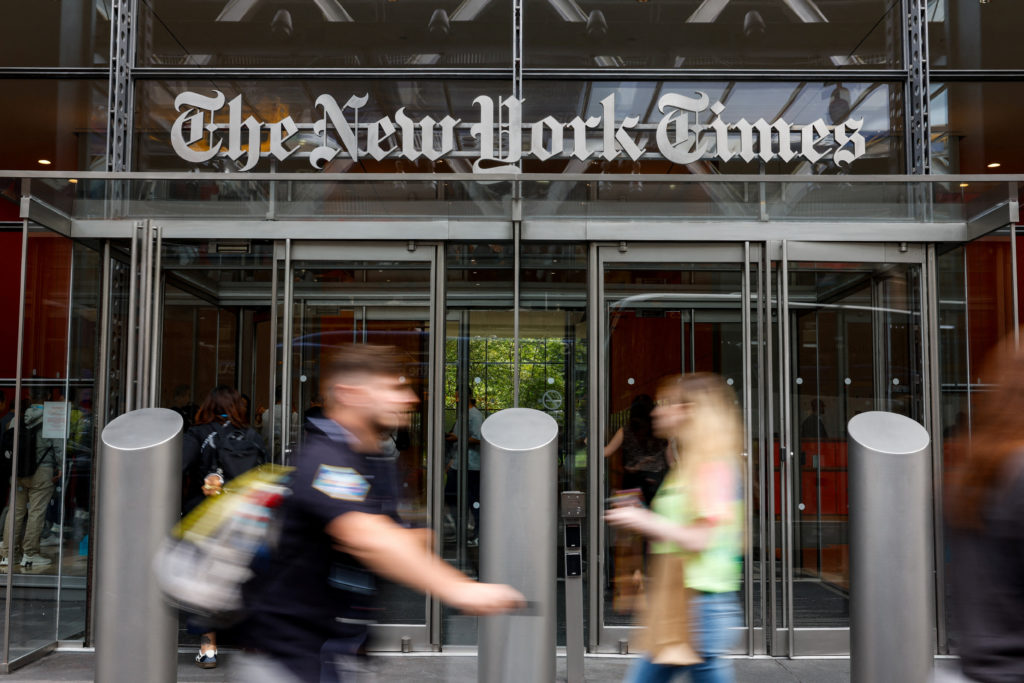
Trump Administration: Absurd Censorship
Trump has sued media outlets such as The New York Times for $15 billion in damages contending the newspaper damaged his reputation with “Fake News.” Given that grievances unrelated to legal issues made up a large portion of the complaint, a federal judge dismissed the suit saying, “a [legal] complaint is not a public forum for vituperation and invective” and “not a megaphone for public relations.” Punitive lawsuits seeking such high damages surely chill the media.
Trump also claimed rhetoric from the “radical left” was “directly responsible for” the assassination of Charlie Kirk, a political activist close to Trump.
Although many viewed Kirk's words and actions as problematic during his lifetime, conservative diehards are using the event as a political tool, and many television commentators who point this out have been fired one after another.
Trump has alluded to revoking the broadcast licenses of television stations that criticize him. He thinks that such reports are “really illegal.” Among Trump's supporters, there has also been a growing trend of searching for and going after posts on social media networks that are critical of Kirk and others.
Freedom of speech is a foundation of a democratic society, and targeting any expression of views is not acceptable. Criticism of Kirk's views, as well as of Kirk himself, must be protected.
From the start, Trump viewed media critical of him as hostile and “fake news” and has fanned the flames of antagonism and hatred.
Even if Kirk is a factor in this situation, it is not a good reason to use his death for censoring free speech; suppressing opinions critical of Kirk must not be allowed. Powerful people are using the unfortunate incident as a political tool; censoring personal criticism and such other acts is absurd.
Even in Japan, Sanae Takaichi — currently a candidate in the Liberal Democratic Party presidential election — during her tenure as the Minister of Internal Affairs and Communications in former Prime Minister Shinzo Abe's cabinet, alluded to punishing broadcasters who repeatedly violated Japan's Broadcast Act by taking them off the air, a move criticized as chilling to the media.
The U.S. president's words and actions impact the world. Vigilance in safeguarding free speech against its further decline must be strengthened.

